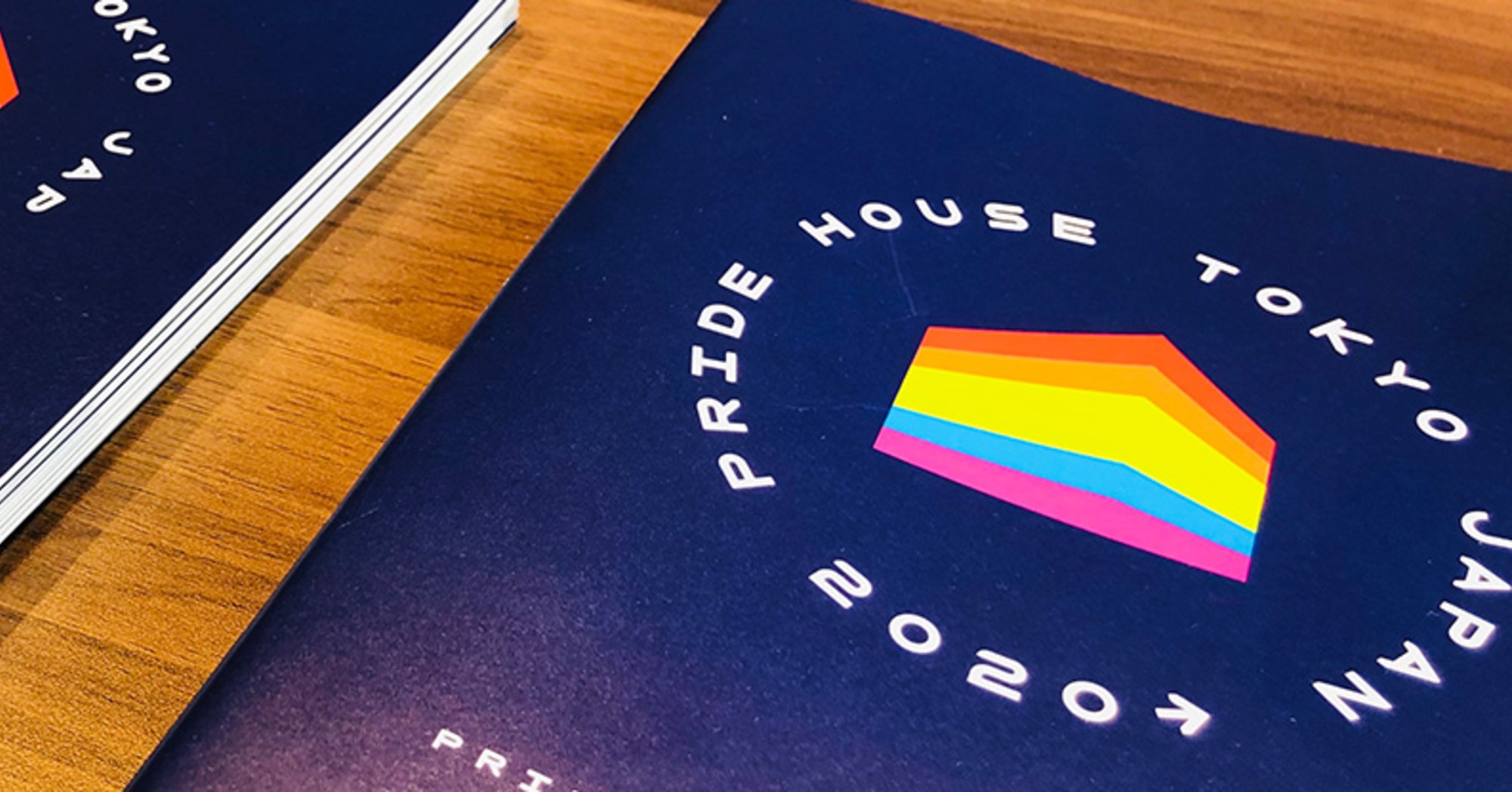Fill Me In
In support of the LGBTQ+ community in Japan, Tokyo opened its first hub for LGBTQ+ people, Pride House Tokyo, as part of a pre-Olympics project that campaigners hope will raise awareness of discrimination and fight the stigma of personal sexuality.
Based on similar inclusive pop-up sites set up at past Olympics, Pride House Tokyo will serve as a meeting space, information and resource centre, while seeking to educate the public about sexual diversity. It will also serve as a refuge to those who might be suffering harassment or discrimination.
Japan in need of LGBTQ+ education
Japan does have some protections for sexual minorities, but it is the only G7 (Group of Seven) country that does not recognise same-sex unions. This has put pressures on same-sex couples who struggle to rent apartments together and are even barred from hospital visits.
LGBTQ+ activists in Japan say this is why Pride House Tokyo is necessary. “Japan, not just in sporting circles but society as a whole – including schools and workplaces – is not friendly to LGBTQ+ people, and it is hard to come out,” said Gon Matsunaka, who heads the project behind Pride House.
Pride House has been a recent tradition of the Olympics and Paralympics since the 2010 Vancouver Winter Olympics. A basic pop-up information centre targeting the closed and conservative world of sports was established by local non-profit organisations looking to take advantage of the large number of people who pay attention to this global sporting event.
Pride House is used to promote the understanding of the LGBTQ+ community and other sexual minorities, and to serve as a safe space that welcomes LGBTQ+ athletes and their allies. From then on, Pride Houses have been established all over the world to coincide with international sporting events.
LGBTQ+ legacy in Japanese sports
The project in Tokyo has officially been named Pride House Tokyo Legacy, which activists hope will extend its influence in educating the Japanese community of LGBTQ+ issues beyond the Olympic Games.
This sentiment was shared by President of the International Olympic Committee (IOC), Thomas Bach. “In sport, we are all equal. We therefore welcome that Tokyo 2020 has embedded diversity and inclusion in the Olympic Games model. I wish the Pride House Tokyo success,” he said.
The people behind Pride House Tokyo include Fumino Sugiyama, a former athlete who was on the national women’s fencing team before coming out as a transgender man.
He is one of very few athletes in Japan to come out, but only did so after retiring from the sport.
“When I was fencing, it was unthinkable to come out in the sports community, which was particularly homophobic. I faced a dilemma between trying to do the sport I love, where I can’t be myself, or trying to be myself and having to stop fencing,” he said.
Sugiyama has also said that while there several openly gay top sportspeople worldwide, “not a single top athlete [in Japan] has come out”.
Pride House Tokyo on National Coming Out Day
It could be of coincidence then, that Pride House Tokyo officially opened on National Coming Out Day. Although the 11 October date commemorates and celebrates the anniversary of the 1987 National March on Washington for Lesbian and Gay rights in the United States, the date has also become of significance for the LGBTQ+ community around the world.
Join the conversations on THG’s Facebook and Instagram, and get the latest updates via Telegram.



























